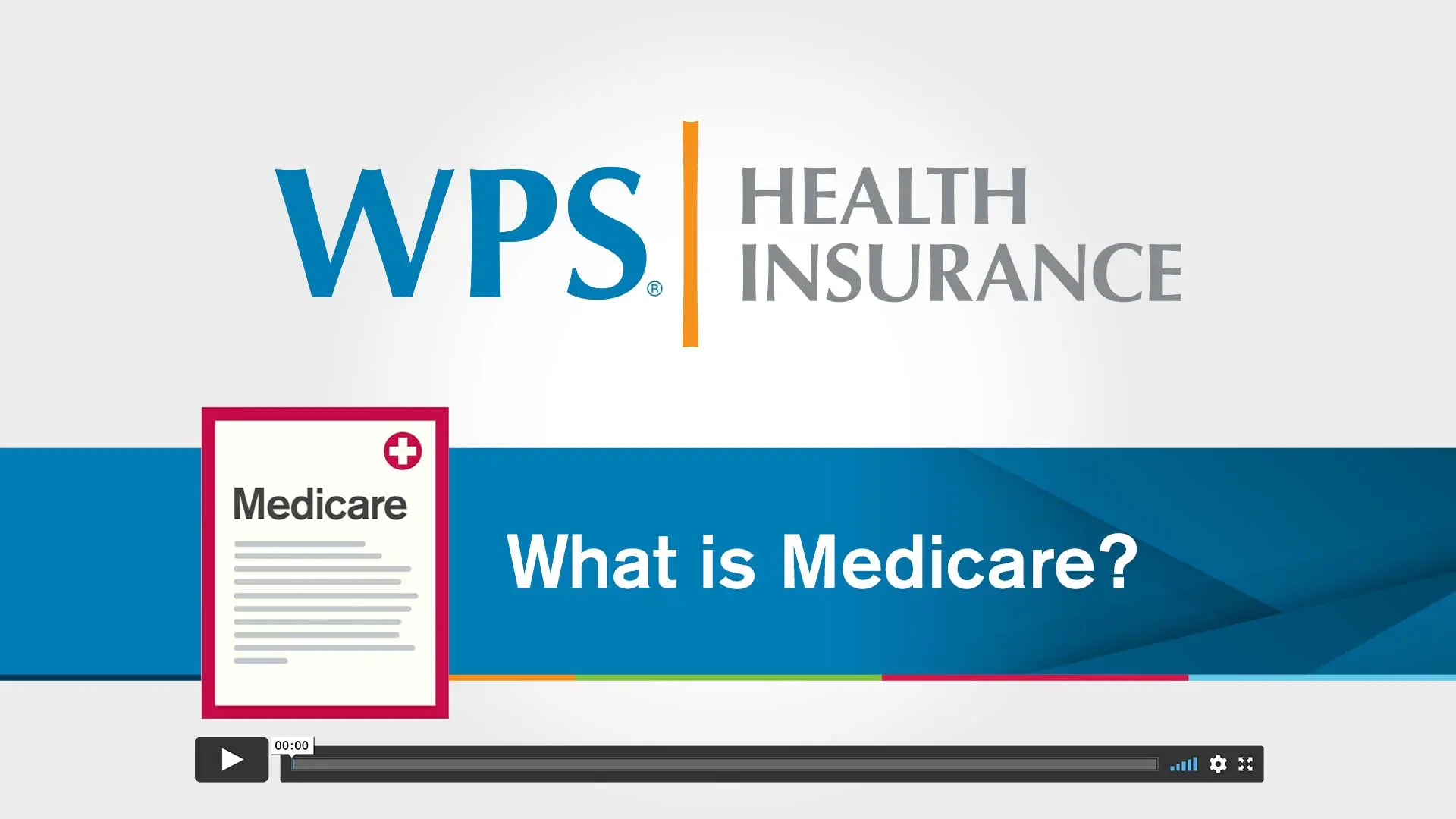Everything you need to know about Medicare when working past 65
Health insurance coverage while working
Do I need to sign up for Medicare and a Medicare supplement (Medigap) when I’m 65 years old if I’m still working or my spouse is?
It’s essential to find out from your employer whether you need to enroll in Medicare. If you do, find out exactly how your employer coverage fits in with Medicare. If you’re told you don’t need to enroll in Medicare, get that decision in writing. If you’re over 65 and receive coverage under a group health plan provided by an employer for which you or your spouse actively works, you have the right to delay Medicare enrollment until the job ends or the coverage ends, whichever occurs first. At that point, you’re entitled to a special enrollment period of up to eight months to sign up for Medicare without risking late penalties.

- If the employer has 20 or more employees: The law stipulates that those 65 and older (and their spouses) must be offered exactly the same health benefits that are offered to younger employees (and their spouses). In this situation, the employer cannot require you to sign up for Medicare when you turn 65 or become eligible for Medicare due to disability.
- If the employer has fewer than 20 employees: The law doesn’t give the same protection to people who work for smaller employers with fewer than 20 employees. An employer is allowed, but not obligated, to require you to sign up for Medicare when you become eligible. In that case, Medicare would become your primary coverage. That means Medicare would settle your medical bills first, and the employer plan would only pay toward services that it covers but Medicare doesn’t. Therefore, if you’re required to sign up for Medicare but don’t, you’ll be left with little or no health coverage.
There is one situation when you’ll need to delay Medicare enrollment until you retire: if your employer’s coverage is a high-deductible health care plan paired with a health savings account (HSA). Under IRS rules you cannot contribute to an HSA in any month in which you’re enrolled in any part of Medicare (Parts A, B, or D).
Questions about Medicare eligibility?
Call 1-800-332-0891 to find out more.
If I keep my employer’s health insurance, do I need to sign up for a Medicare Part D plan?
Not necessarily. If you have creditable outpatient prescription drug coverage through your employer, you don’t need to immediately enroll in a Medicare drug plan or a Medicare Advantage Plan with drug coverage.
Check with your employer to confirm whether or your not current plan qualifies as creditable drug coverage that is as good as, or better than, Medicare Part D. Each year, your insurance plan is required to inform you whether your non-Medicare coverage is creditable. When you receive your confirmation, save a copy. When you’re ready to sign up for Medicare drug plan, you may need it.
If you have creditable coverage, you can join a Medicare drug plan at anytime, then up to two months after you lose that insurance. If you want to time your Medicare coverage to when your current plan ends, sign up for Medicare and join a plan with Part D coverage before your employer-based coverage ends.

Can I drop my employer health coverage and sign up for Medicare while I am still working?
Yes, you can sign up for Medicare while you’re still enrolled in your employer’s insurance plan. One plan will be considered your primary insurance and the other secondary, determined by coordination of benefits rules. Depending on your situation, one will act as your primary coverage and one as secondary.

Do I need to let Medicare know I will not be enrolling at age 65?
No, unless you receive Social Security or Railroad Retirement Board benefits. If you do receive those benefits, when you turn 65, you’re automatically enrolled in Medicare Parts A and B. If you choose to delay signing up for Medicare Part B, you will need to notify Social Security of your decision. You are required by law to have Medicare Part A coverage if you receive Social Security benefits and are eligible for Medicare.
Want to know about your Medicare timeline?
Call 1-800-332-0891 to learn more.
Request your FREE Medicare supplement information kit!
Medicare enrollment for retirement after age 65
When is my open enrollment period for Medicare and Medicare supplement insurance if I plan to retire after age 65?
When the group coverage from your employer (or your spouse’s employer) ends, you have an opportunity to enroll in Medicare Part A and Part B, just like you’re new to Medicare. As long as you enroll within eight months of your employment/group coverage end date (whichever comes first), you avoid Medicare’s late enrollment penalty. Retiree coverage, COBRA, and health reimbursement accounts do NOT count as group coverage for the purposes of allowing you to enroll.
If you are applying for Part B only, you have six months to apply for Medicare supplement insurance. If you already have Part B, you have 63 days from when you got Part B to apply for a Medicare supplement insurance plan. If you wait until after your open enrollment period ends, you may be required to answer health questions to enroll.
What is the late enrollment penalty for Medicare?
Medicare Part A has a late enrollment penalty of 10%, which you would pay only if you haven’t satisfied the requirements for Part A through your FICA contributions while you were working. Most beneficiaries do not pay a premium. The penalty lasts twice the number of years you could have had Part A, but didn’t sign up. Example: If you wait until age 70, you would pay the 10% penalty for 10 years (delayed enrollment 5 years x 2%). Medicare Part B has a late enrollment penalty of 10% for every full 12-month period you could have had Part B, but didn’t. This penalty is paid for as long as you have Medicare. Example: If you wait until age 70, you would pay a 50% penalty on your premium for as long as you have Medicare (delayed enrollment 5 years x 10%).
View WPS Medicare supplement insurance plans for your state here.
